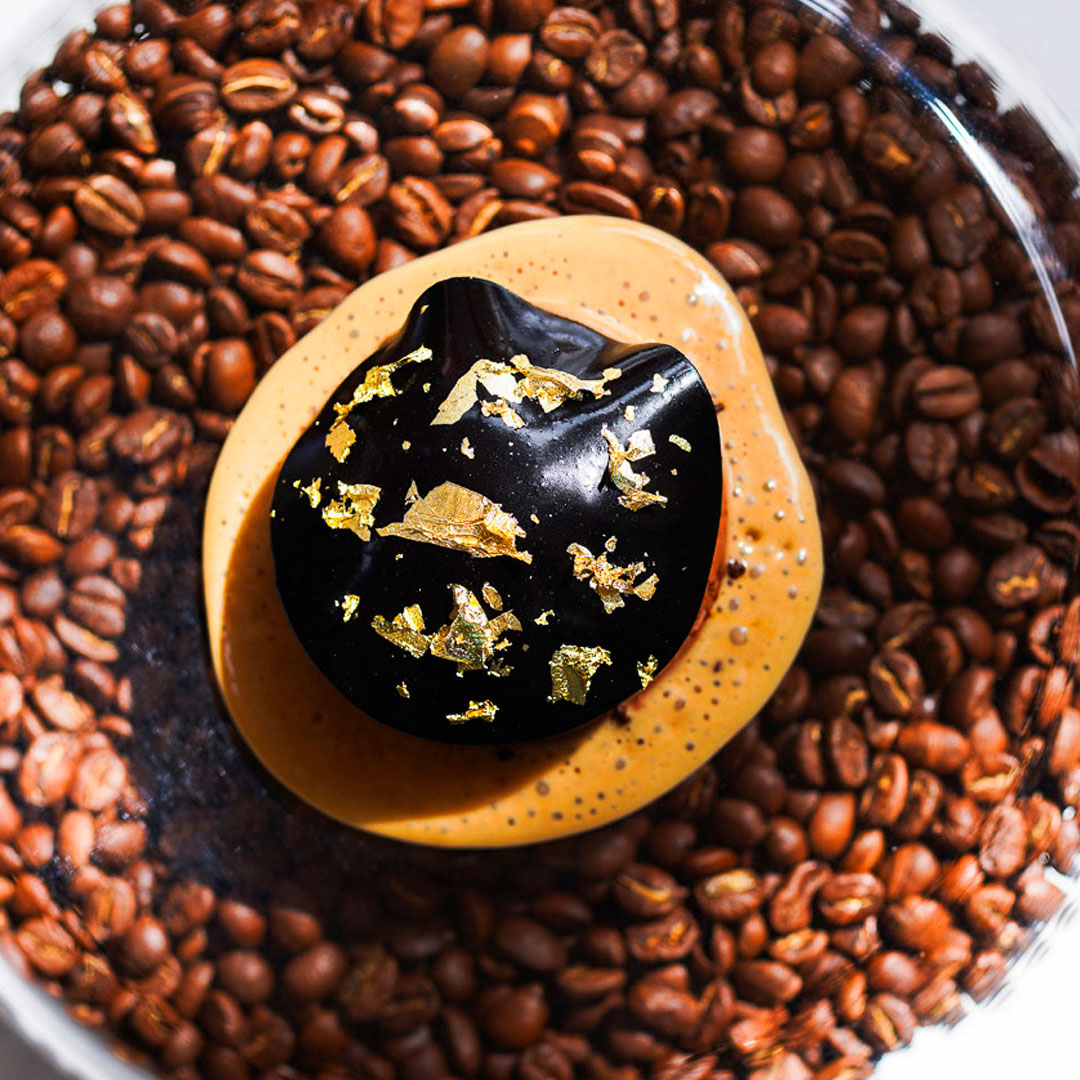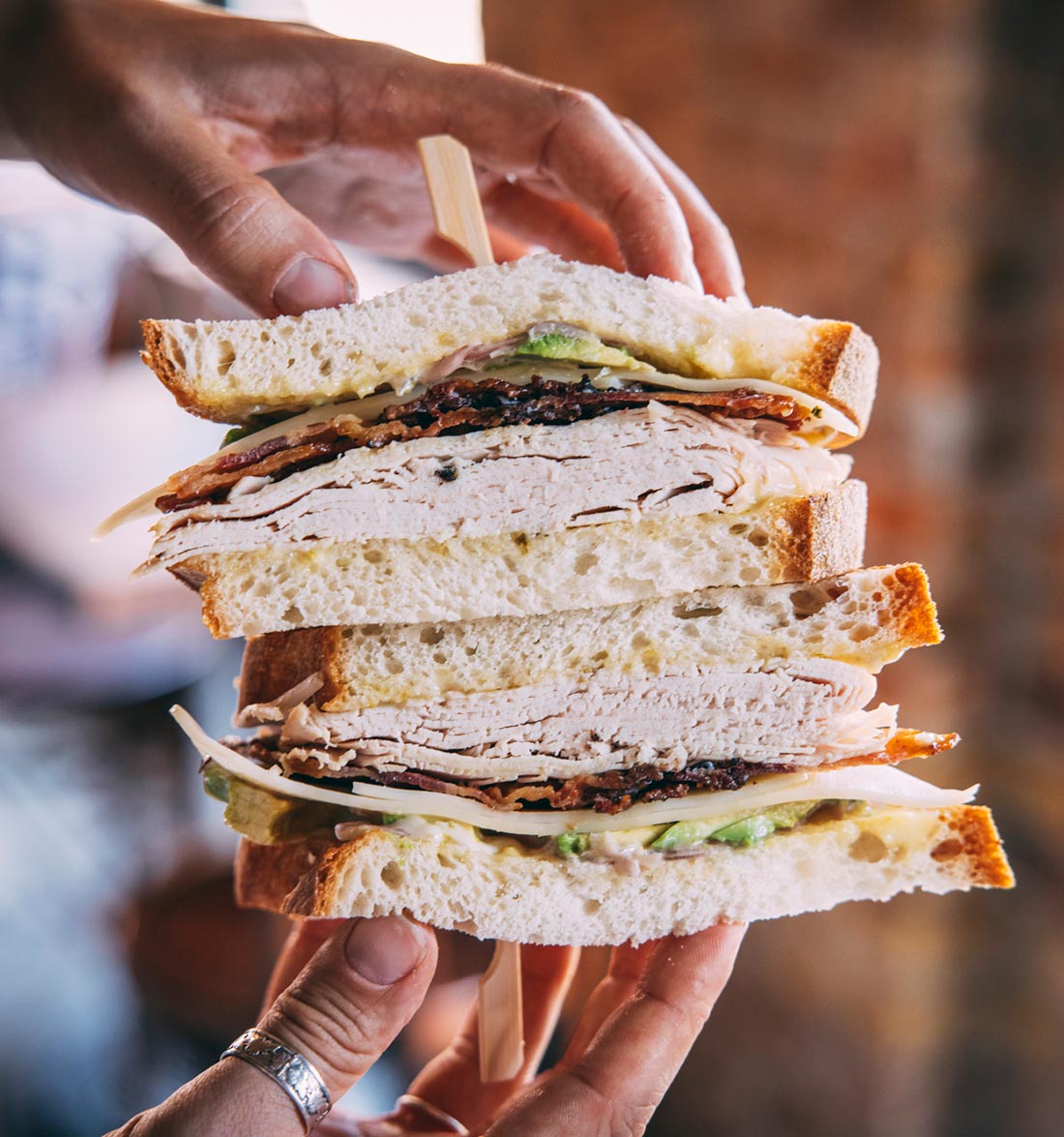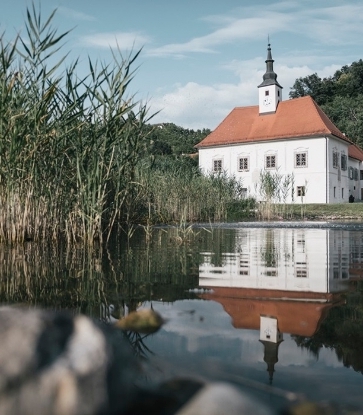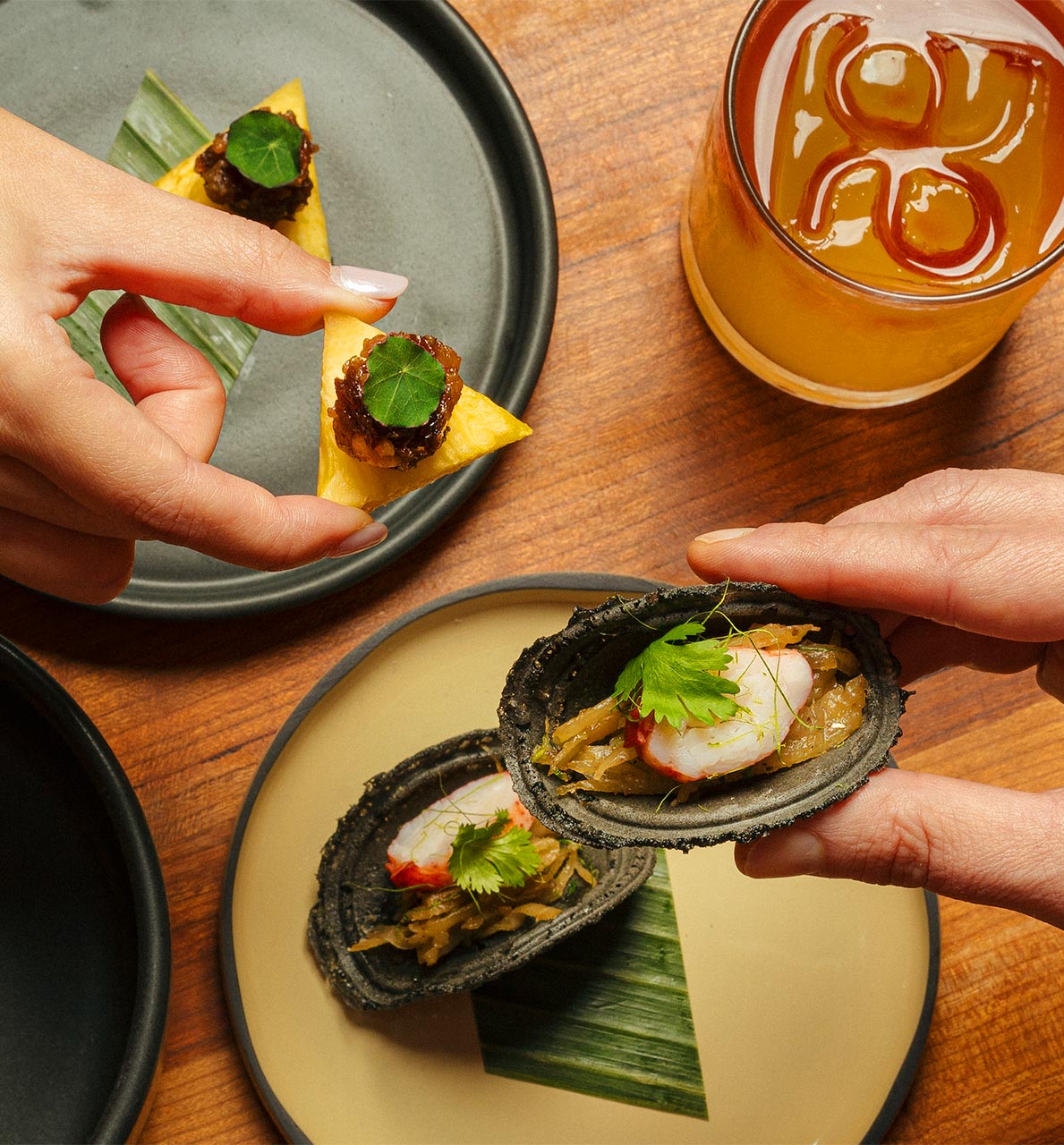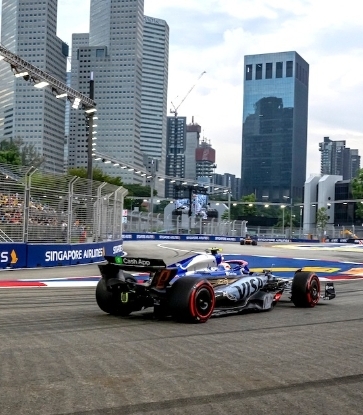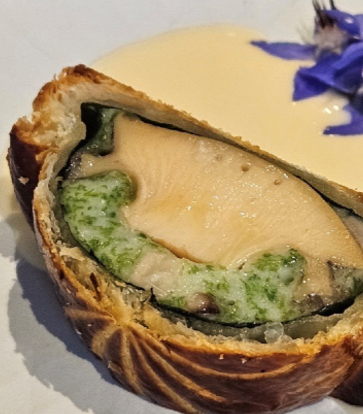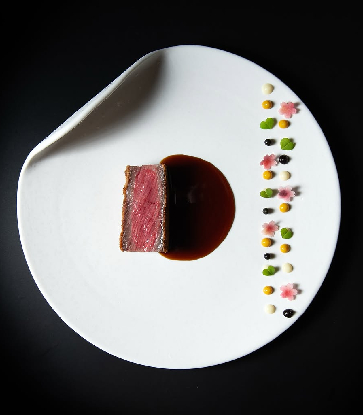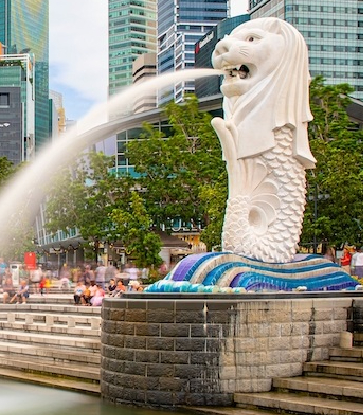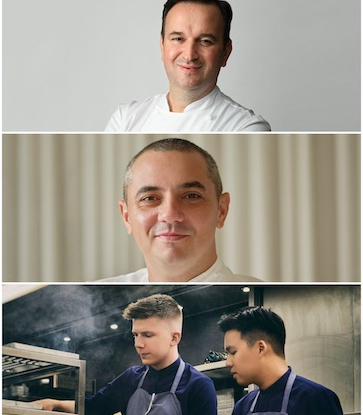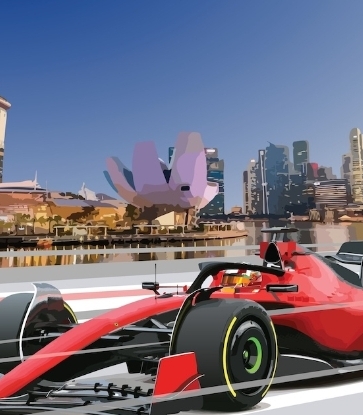

But here’s the slightly better news: it is not too late for restaurateurs, chefs and diners to do something about it.
To translate talk into action, the WWF organised a Sustainable Seafood Forum on Oct 4, gathering together some of the city’s culinary luminaries for a panel discussion and an afternoon of workshops to discuss practical means of integrating sustainability into restaurant and hotel operations. A Responsible Seafood Group was launched the same afternoon, made up of local industry leaders such as Global Ocean Link and Marina Bay Sands. These companies have pledged to work with the WWF Singapore to commit to responsible sourcing standards, and hopefully pave the way for the rest of the industry to follow suit.
Marina Bay Sands, for instance, has kept sharks fin off the menus of the restaurants it owns and operates since 2014, and now serves selected seafood sourced from suppliers that fish or farm responsibly based on global seafood standards in over 80 dining outlets within its grounds. They also collaborate with the WWF to identify and support key projects and sustainability-led fisheries in the region such as Malaysia, Philippines and Indonesia.
“Progress in sustainability is incremental and collaborative,” says Kevin Teng, Executive Director of Sustainability of Marina Bay Sands. "Innovation isn’t some guy sitting in a room thinking about how to reinvent the wheel. It’s about us getting together, working together, and trying to make incremental progress every single year."
“The most important thing to do is to recognise that every time we open our wallets to make a purchase or decide who we are going to partner with, it is a reflection of what we believe in, and the values that we stand for.”
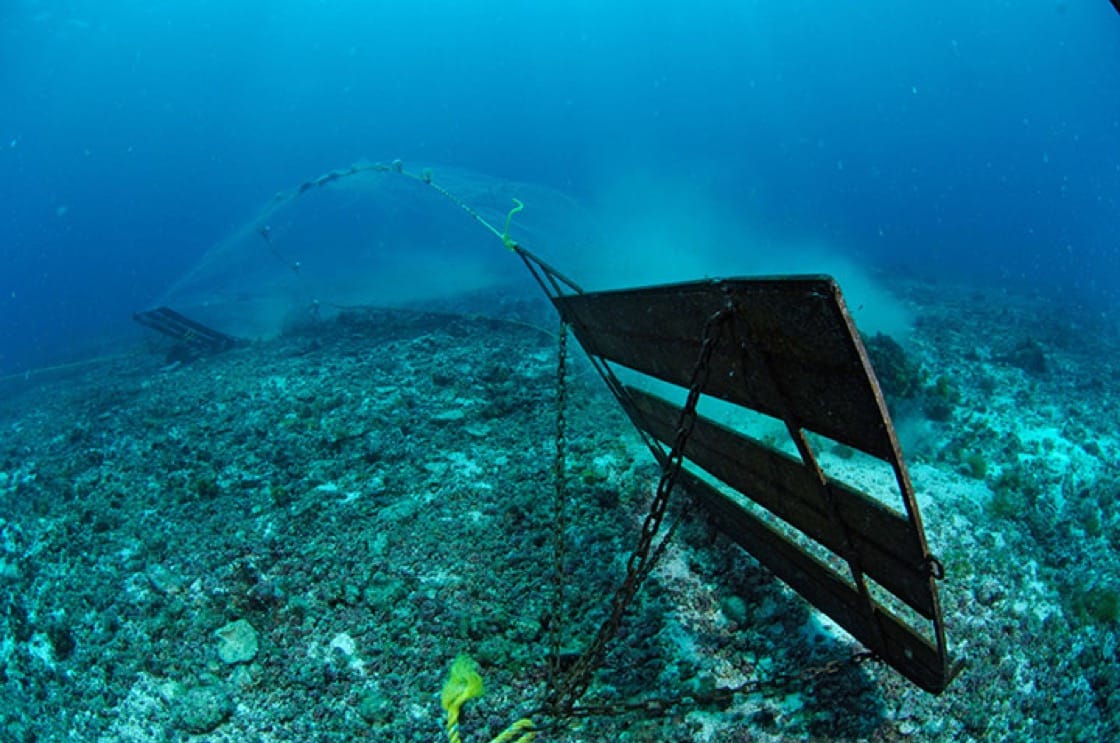
Executive chef Lucas Glanville of the Grand Hyatt Singapore, which recently made waves on social media for its groundbreaking effort towards recycling 100 per cent of its daily food waste, believes that the first step towards sustainability, for many chefs, is to start internally - by having a thorough understanding of one’s menu, and stripping away the unnecessary.
“When we started six years ago, we reviewed everything that we serve and found that we had over 600 seafood items on the menu, a lot of them duplicates - including about 30 different sizes of prawns," he shared. "We’ve now cut that to less than 100 seafood items, which we spend more effort on to source sustainably.”
(Related: Watch How One Michelin-recommended Hotel Is Doing Its Part To Reduce Food Waste)
Any initiative - even a small one - counts for something, added Emmanuel Benardos, group general manager of the Unlisted Collection hotel and restaurant group. “Just start. Start with just one product, during one lunch service, or remove a controversial item from your menu and make it by-request only - and get people to ask why,” he said, citing the group’s popular Michelin-recommended restaurant Burnt Ends as an example. The grill-centric eatery doesn’t serve prawns on the menu at all, despite customer requests, because they are rarely sustainably sourced.

He further highlighted that the importance of mobilising one's entire operations team for maximum impact. “We hold briefings for all our front of house staff to understand and articulate the message, use imagery on our menus to educate, and tap on our marketing team to jump on the hashtags and get the word out on social media.”
“It’s not about whether we should strive for sustainability anymore, but how to do it quickly, and cost effectively," added WWF Australia’s Australian Seafood and Fisheries Manager Jo-Anne McCrea in summary.



